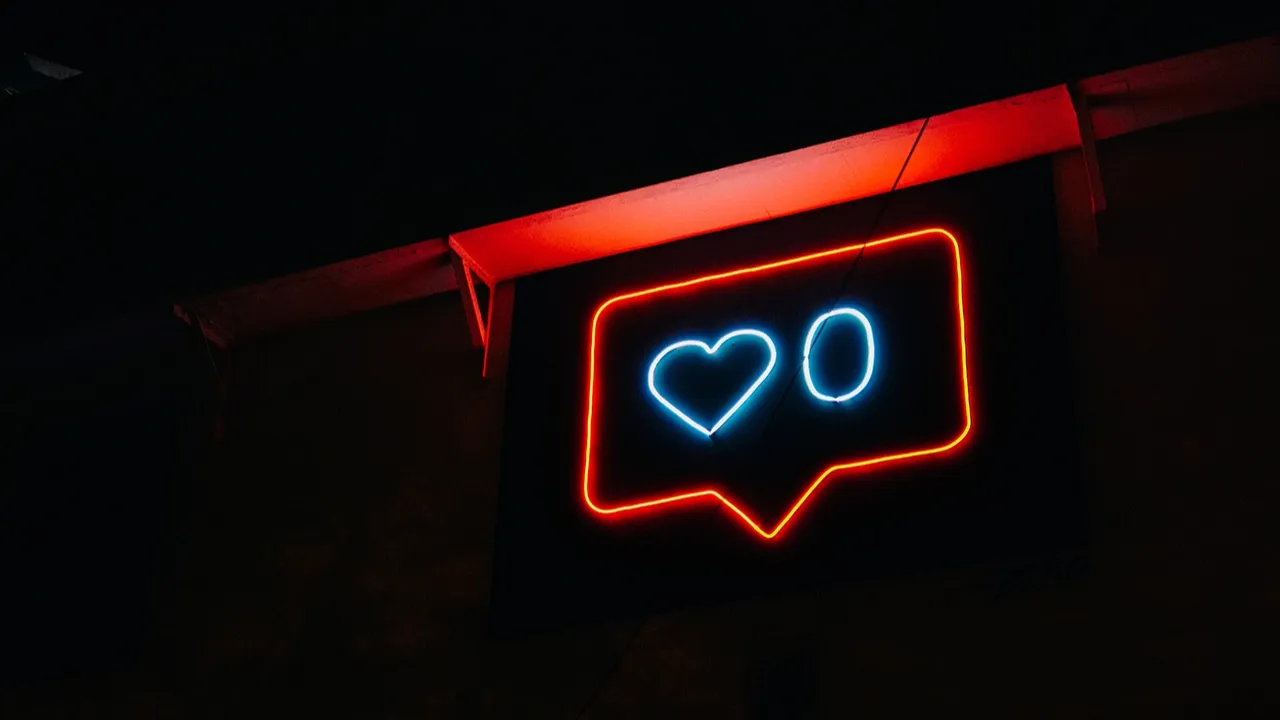Social Media's Dangerous Secret

I’m going to start by showing my age a little bit, like it or not.
When I was a teenager, I had a giant Zach Morris-style phone that sat in my glove box for emergencies when I drove. My parents had to pay per minute used on that phone, which mostly meant that it never got used.
I had dial-up internet that I used to sign into AOL Instant Messenger to talk to my friends and to update my away message – probably with some edgy lyrics by Third Eye Blind. If I recall, we also had to pay for that connection per minute (can you even imagine?) – which led to a lot of overages and teen angst-y fights with my mom.
The majority of my papers for school were handwritten, although sometimes we were able to get extra points for typewritten work – so I would print things out on our dot matrix printer, and that felt fancy and professional.
We still did research in the library card catalog, because Google wasn’t a thing. We had encyclopedias. And dictionaries. And thesauruses.
When I wanted to stop dating someone in college, I had to actually tell them, because caller ID wasn’t standard, either. So “ghosting” was nearly impossible.
My husband (whom I met when I was 19) and I never texted before we were married – because that didn’t exist. We called each other, and had actual full conversations over the phone.
Technically speaking, I ride the line between “millennial” and Gen X. I understand technology, but I also remember it as a privilege, not a basic need to function.
I remember when the news was on at noon, 6pm, and 11pm. And if you missed it, that was it. There was no DVR to replay it, no internet to look it up on, and no social media to share articles with our friends.
At risk of sounding like the old lady in the room – those were the good old days.
The rise of the internet and social media has made the 24-hour news cycle appear, causing our world to sometimes feel as if it’s spinning out of control.
Especially within the political seasons (take the last presidential election, for example), it seems as though missing a headline means your information has become completely obsolete.
While this can be to our benefit – we are able to be well-informed about local, national, and worldwide events as they happen – it can also be hugely damaging.
Because we have news stories at our fingertips, we are able to dig in and immerse ourselves in horribly graphic, inhumane, and devastating content for hours – days – at a time.
We have access to videos of violence and even torture, or news stories of horrible tragedies, with continuous footings and updates about school shootings and natural disasters - and keep our minds blanketed in the ever-increasing details of horrific events happening everywhere.
Even if you remove yourself from social media – many of us still use the internet frequently in order to keep close tabs on local stories of domestic violence, abductions, or unsolved crimes out of both fear and curiosity.
Most of us are familiar with post-traumatic stress disorder (PTSD) – we know that veterans and crime victims often experience the effects of that disorder when they have lived through devastating events.
Secondary stress disorder is defined as the emotional duress that one goes through when hearing about or seeing firsthand trauma of another person.
You can see where I’m going with this, right?
In 2013, the National Academy of Sciences published a study showing that those with prolonged media exposure to the Boston Marathon bombing reported more acute stress symptoms than those that had directly experienced it.
Their research showed us that media exposure can keep an event alive in your mind, causing more stress and trauma than if you had actually experienced it yourself.
Think about that.
Now – think about what you look at while you are on social media.
Secondary stress can exacerbate fears and anxieties, and make us feel as though the tragedies that we see on television or on our computers are very likely to happen – even when, statistically, these things are very rare.
So what are we to do?
Again, it can be a very positive thing to have access to so much information. But being very cautious about the videos you watch and articles you read – and how often you are looking at those things, can make a big difference in your stress levels.
If you find yourself losing sleep, or dealing with increased anxiety or intrusive thoughts, take stock of where your time is being spent on the internet.
Set limits for yourself (and for your family). If you find yourself digging into the news about a specific tragedy, talk that out with someone – a friend, loved one, or a professional – and process through the feelings that particular story is bringing up for you.
We generally connect with the stories that confirm our worst fears.
Talk through those fears. Acknowledge them. Understand them, and where they come from.
Use caution not to make decisions based on the fear that these stories can invoke.
While our world is constantly moving and changing, you can dig back into history to find humanity doing both horrible and wonderful things – that remains the same.
The difference is that our access to the knowledge of these events has increased exponentially.
But just because you have access to something, doesn’t mean you have to let that access take control.
Stay connected with news and updates!
Join our mailing list to receive the latest news and updates from our team.
Don't worry, your information will not be shared.
We hate SPAM. We will never sell your information, for any reason.

